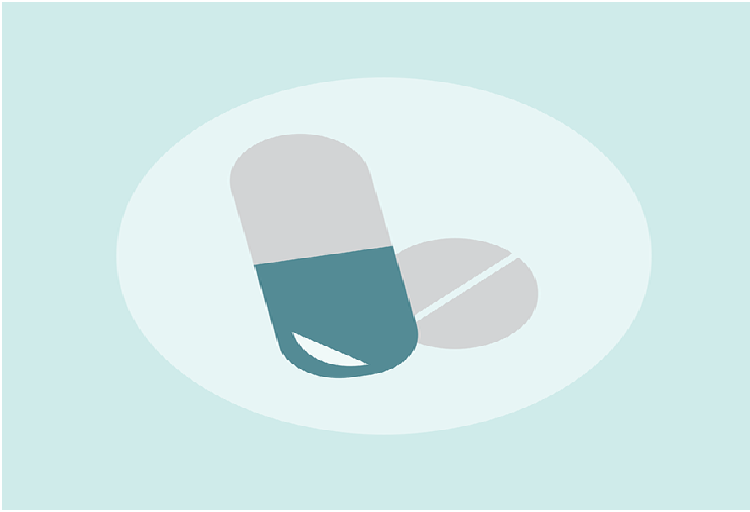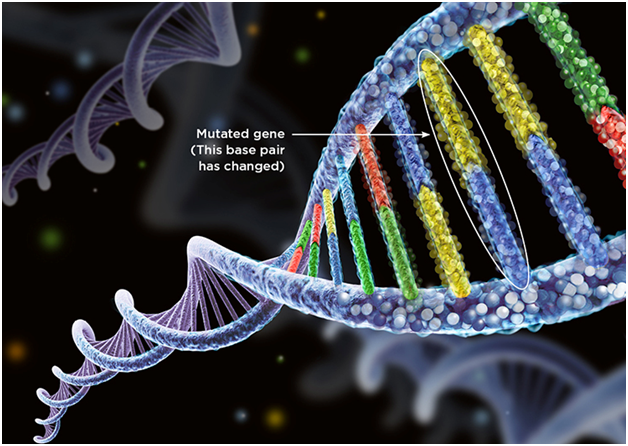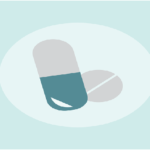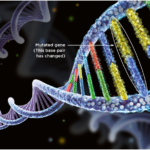INTRODUCTION
blueprint for significant trends expected to unfold in 2015 and beyond.
The EHR market is expanding – and contracting.
By all accounts, the EHR market is shaping up to be one of the biggest revenue-generating markets in healthcare. Recent projections by Accenture at the HIMSS14 conference place the EHR market near the $23 billion mark by the end of 2015. According to HealthData Management, North America will account for 47 percent of the EHR market. The U.S. alone is expected to see more than a 7 percent growth rate, representing the largest EHR market worldwide.Yet, even as the EHR market expands, it is also expected to contract. With more than 400 EHR vendors currently on the market, healthcare providers have had the luxury of choice, but in many cases, the choices have not lived up to expectations: A recent KLAS survey showed that 27 percent of medical practices are planning to replace their current EHR system, and another 12 percent want to but can’t, due to financial constraints.Factors driving consolidation of the EHR market vary. Usability is a major factor in EHR selection – and replacement. An HDS survey of over 1 million Physicians revealed that user-friendliness was the most important feature of an EHR system. An EHR’s ability to improve patient care and meet Meaningful Use requirements, such as e-prescribing, health information exchanges and interoperability, are also major considerations driving all EHR investment decisions.
EHR access is becoming increasingly mobile.
EHR systems with mobile devices, EHR vendors are maximizing the familiarity with mobile devices and enabling clinical staff to be productive in and out of the office. Functions that provide the ability to view schedules and patient charts, prescribe medications and document patient encounters on a mobile device are quickly becoming invaluable to healthcare providers and organizations alike.
Despite the advantages of a mobile-integrated EHR, a 2014 Epocratives Mobile Trends report showed that one-third of providers currently do not have integrated EHR – a huge opportunity signal for vendors.The fact that developers of three of the top 10 mobile apps, including athenahealth’s “most popular” Epocrates medical app, are best known for their EHR systems is also telling. In addition to optimizing its mobile apps for various operating systems, mobile devices and Web browsers, the Epic EHR also gives clinicians access to their EHR.As more and more clinicians move away from using desktops and laptops to using tablets and mobile devices, EHR developers will have to follow suit. The ability to build mobile apps and link to other developers’ apps are necessary for EHR developers, said Allscripts president Rich Brenner in a recent Modern Healthcare article.
A survey by Software Advice, a web-based EHR evaluation group, revealed that 58 percent of users who access their EHR through a tablet or smartphone are “very satisfied,” compared to 28 percent of non-mobile users.
Successful ICD-10 transition relies on capable EHRs.
codes offer greater detail and have the potential to provide better data for evaluating and improving the quality of patient care.Moreover, with more precise documentation of clinical care and more accuracy when determining services for a patient’s medical necessity available using with ICD-10 codes, there is opportunity to improve denial management. For example, if a patient presents with a left leg injury but was previously treated for a right leg injury, using ICD-10 codes will identify these as different encounters and potentially limit the chance for the claims to be denied,” said Ana Croxton, Vice President of Electronic Data Interchange (EDI) Products and Services at NextGen Healthcare.
HIMSS warns healthcare providers and organizations not to think of their EHRs as the magic bullet solution, however. Careful planning, training and education are recommended in addition to selecting an EHR that is ICD-10 ready.
More EHR vendors will move to the cloud.
A recent KLAS report, Ambulatory EMR Perception 2014, cites poor usability, poor technical support and cost as the top reasons for the burgeoning ambulatory EHR replacement market. Athenahealth’s cloud-based solution was named by 34 percent of those surveyed as a possible replacement, signaling a preference for cloud-based EHRs not only among ambulatory centers but also other types of healthcare organizations.
Cloud-based EHRs offer attractive benefits, particularly to smaller and mid-sized providers. With cloud-based EHRs, there are little to no investments needed for infrastructure and maintenance; all that is needed is an internet connection. By eliminating the significant startup costs of a client-server solution, which can cost upwards of $40,000, more medical groups and smaller hospitals are likely to turn to a cloud-based alternative that is both flexible and cost-effective.
The ability to access an EHR from outside the office through a mobile device also requires a cloud solution. Remote EHR access not only has the potential to increase productivity among Physicians and other clinicians, but it can also improve continuity of care and have a positive impact on patient outcomes.
Another benefit of cloud-based EHRs is scalability. The standard ID growing pains caused by expansion and new users are eliminated with cloud EHRs. As Shawn McKee of CareCloud says, cloud EHRs allow “small practices to think big and grow without breaking the bank.”
More pharmacies and health systems are affiliating.
and Premier Health – signals a trend toward more advanced integration among pharmacies and healthcare organizations.
Under this affiliation, CVS Health has committed to providing the health systems with prescription and visit information and sharing medication non-adherence warnings with patient Physicians. The recent affiliation is not the first time CVS Health has partnered with health systems – the pharmacy has more than 40 similar partnerships across the U.S.
These types of agreements are evolving amid the growing involvement of Pharmacists in patient care, particularly through the integration of retail healthcare clinics, such as CVS’ MinuteClinic, where Pharmacists provide medication counseling, chronic disease monitoring and wellness services.
Expect more rules, more oversight and more audits.
The Office of the National Coordinator (ONC) recently released the 2015 Edition of EHR certification criteria, a move the industry hasn’t seen for about two years. Industry analysts project that the release is a sign of a new approach by the ONC, which has confirmed that it will release new certification criteria updates every 12-18 months.Part of the ONC’s new approach aims to avoid the “peaks and valleys” that health IT experiences when the agency issues rules on a less frequent basis. Additionally, in an effort to give EHR developers more time to plan, develop and implement updates, the 2015 Edition EHR certification criteria, as well as future incremental rules, will be voluntary.
Inspector General Daniel R. Levinson.
“how certified EHR systems address these vulnerabilities.” Medicaid and Medicare EHR incentive payments, security controls at HRSA-funded community health centers, CMS and of cloud service providers will also be under review.
CONCLUSION
The rapid growth of health IT in general and EHR adoption in particular has led to numerous “growing pains” for providers, organizations and developers. Amid this dynamic landscape, healthcare stakeholders must take every precaution possible not only to ensure preparedness but also agility. This will involve participation at every level, cost-effective and flexible solutions, and a greater level of standardization in order to achieve the twin goals of reducing healthcare costs and improving public health.Healthcare Data Solutions is at the forefront of these changes, providing support to healthcare entities through high-quality marketing databases that provide up-to-date business intelligence on providers, organizations and their affiliations; verification solutions that provide 100 percent coverage of federally reportable covered recipients; and validation solutions that provide real-time access to prescriber credentials.
Source : Healthcare Data Solutions Download Complete Whitepaper Here





































































